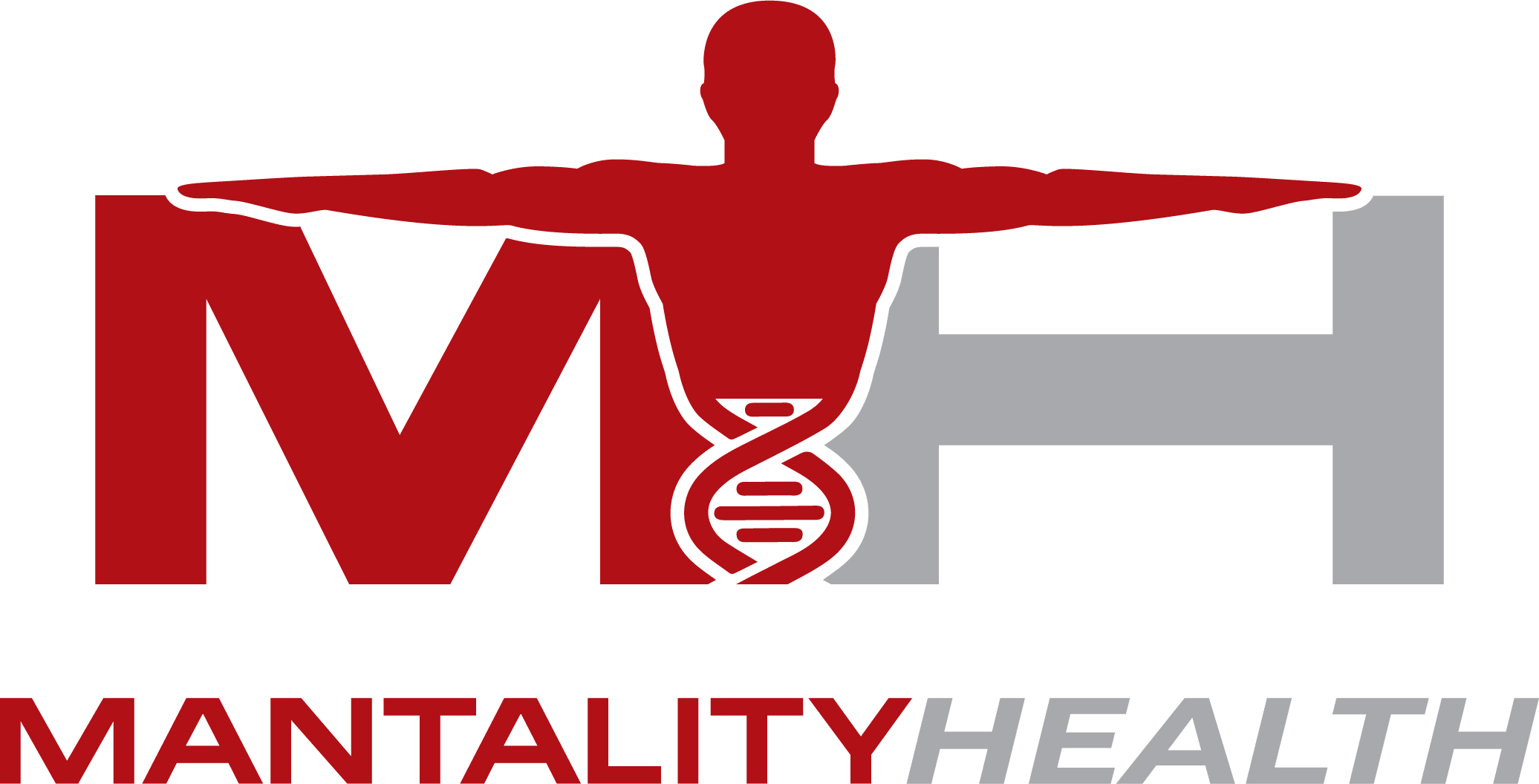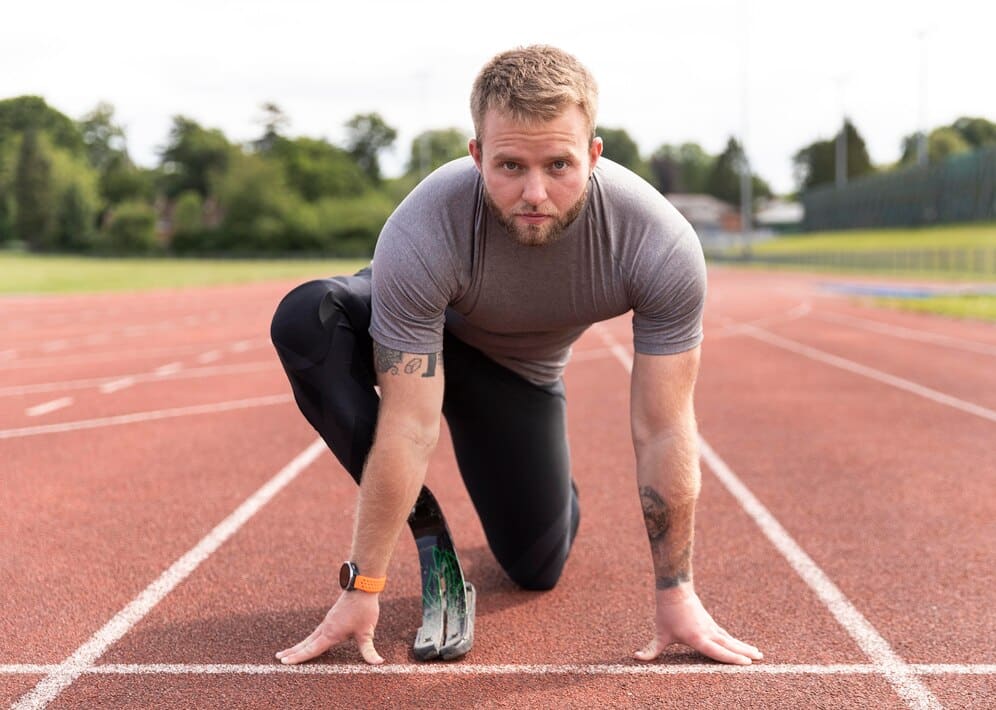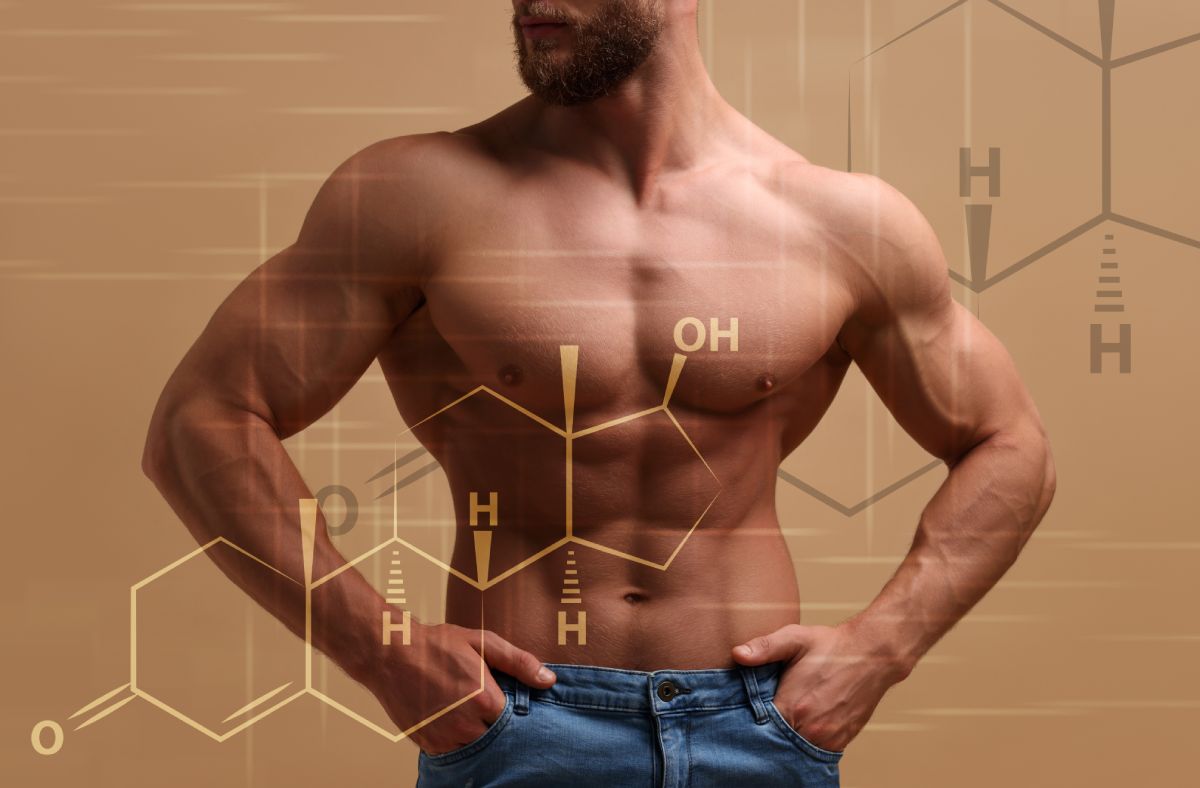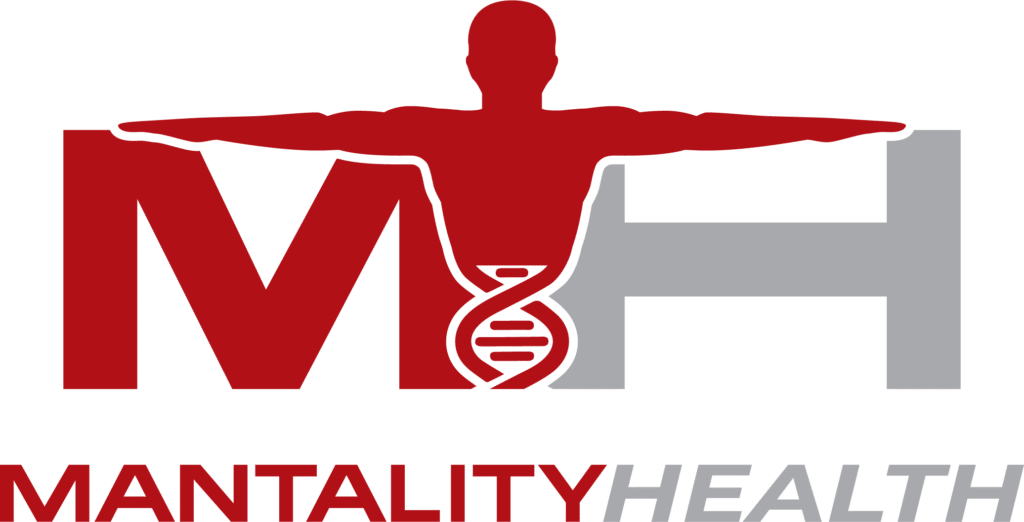Physical fitness is essential for men aged 35-54 to maintain their overall health, well-being, and quality of life. Engaging in regular exercise helps to improve cardiovascular health, manage body weight, and promote strong muscles and bones. While physical activity is vital for good health, age-related declines in testosterone levels can make it challenging for some men to maintain or improve their athletic performance.
Testosterone, the primary male sex hormone, is responsible for many of the physiological processes related to athletic performance, such as muscle growth, strength, endurance, and recovery. As men age, their testosterone levels may decline, leading to a decrease in these essential aspects of physical performance. Fortunately, testosterone replacement therapy (TRT) is an effective solution for addressing hormonal imbalances and enhancing athletic performance in men aged 35-54.
In this article, we will explore the benefits of testosterone replacement therapy for men seeking to improve their athletic performance, discussing how optimal testosterone levels contribute to muscle growth and strength, endurance, recovery, and overall physical performance. With insights from the experienced professionals at Mantality Health, we will guide you through the process of testosterone therapy and how it can support your athletic endeavors and long-term health.
1. Muscle Growth and Strength: The Power of Testosterone
One of the primary benefits of testosterone in the context of athletic performance is its role in promoting muscle growth and strength. Testosterone is an essential hormone for protein synthesis, which is the process by which the body repairs and grows new muscle tissue. Higher testosterone levels correspond to an increased capacity for muscle hypertrophy (growth), resulting in greater overall strength.
As men age and experience a decline in testosterone levels, they may face challenges in increasing or maintaining muscle mass and strength, even with regular exercise. Testosterone replacement therapy can effectively restore optimal hormonal balance, supporting enhanced muscle development and improved athletic performance.
2. Endurance and Energy: How Testosterone Fuels Your Workouts
Testosterone is also crucial for improving endurance and energy during physical activity. The hormone aids in the production of red blood cells, which are responsible for carrying oxygen to the muscles during exercise. An increase in red blood cells allows for better oxygen delivery to the muscles, resulting in improved energy, oxygen utilization, and overall endurance.
Testosterone replacement therapy can help support this process by boosting testosterone levels and increasing red blood cell production. The result is an enhanced ability for men aged 35-54 to engage in high-intensity activities, challenging workouts, and endurance-based sports with improved vigor and energy.
3. Recovery and Healing: Testosterone’s Role in Post-Workout Recovery
An often-overlooked aspect of athletic performance is the ability to recover quickly and efficiently after physical exertion. Testosterone plays a significant role in this process, as it is involved in reducing inflammation, promoting tissue repair, and stimulating the growth of new muscle fibers.
Aging men with declining testosterone levels can experience slower recovery times, increased inflammation, and longer-lasting muscle soreness after workouts. By undergoing testosterone replacement therapy, they can enhance their body’s ability to recover more effectively and bounce back to their next workout session with greater ease.
4. The Importance of a Comprehensive Approach to Testosterone Replacement Therapy
When seeking testosterone replacement therapy to boost athletic performance, it’s crucial to understand that TRT is not a one-size-fits-all solution. While testosterone therapy can significantly improve various aspects of athletic performance, it’s essential to work closely with your healthcare provider to develop a comprehensive and well-rounded treatment plan tailored to your unique needs and goals.
Consider implementing additional interventions alongside testosterone replacement therapy, such as a well-rounded exercise program, a nutrient-dense diet, adequate sleep and stress management techniques. By creating a holistic approach to optimize your health and athletic performance, you can maximize the benefits of testosterone therapy and achieve long-term success.
Conclusion:
For men aged 35-54, maintaining athletic performance and overall fitness is a vital aspect of enjoying a healthy, active lifestyle. Testosterone replacement therapy can offer several benefits for those experiencing age-related declines in testosterone levels, including enhanced muscle growth and strength, increased endurance and energy, and improved post-workout recovery.
If you’re interested in learning more about how testosterone replacement therapy can support your athletic performance and overall well-being, reach out to the experts at Mantality Health. Our team of experienced and knowledgeable professionals can design personalized testosterone replacement therapy in St. Louis to help you achieve your fitness goals and embrace a healthier future.





